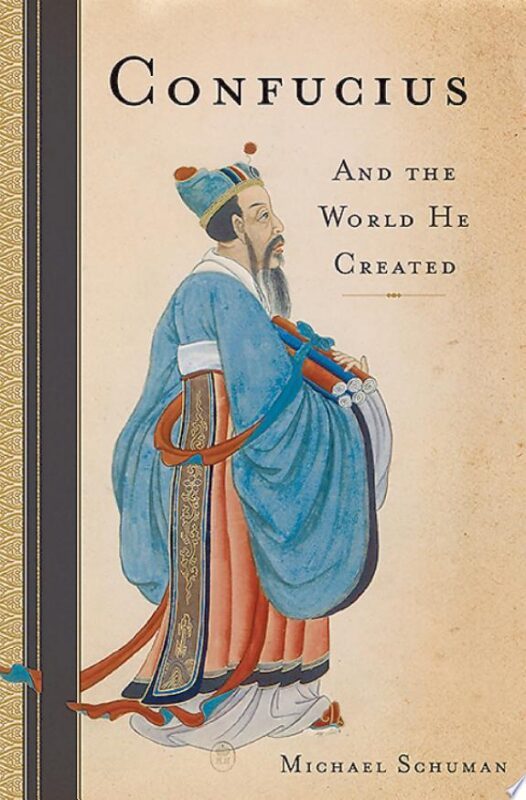Lawyers and Loyalty
Consider the following opening paragraph in Magistrate Judge’s (Hon. Nan R. Noland) opinion in regarding e-discovery in Kleen Products, LLC v. Packaging Corporate Corp. of Am. (___ F.Supp ___ S.D.N.Y.___ (Sept. 28, 2012, 2012 WL 4498465).
“Lawyers have twin duties of loyalty: While they are retained to be [1] zealous advocates for their clients, they bear a [2] professional obligation to conduct discovery in a diligent and candid manner. Their combined duty is to strive in the best interests of their clients to achieve the best results at a reasonable cost, with integrity and candor as officers of the court. Cooperation does not conflict with the advancement of their clients’ interests—it enhances it. Only when lawyers confuse advocacy with adversarial conduct are these twin duties in conflict.” The Sedona Conference, The Sedona Conference Cooperation Proclamation, 10 Sedona Conf. J. 331, 331 (2009).”
This language was written by Magistrate Judge Nan R. Noland, in a battle over e-discovery. The case is a great one for education. The quoted passage starts with the judge’s “Memorandum Opinion and Order.” In my opinion, this language presents one of the noblest sketches of just lawyering. It gives an exposition of zealous advocacy that does not include hiding evidence or obstructing discovery as part of what it is to advocate in an adversarial context.
It also begins to sketch in the Sedona Ideal that which is to be found in its Proclamation of Cooperation to which many jurists do subscribe.
Her portrait involves only two problems. The first one is that she hasn’t really made up her mind whether the duties to which she refers are actually one duty properly understood. To see if I am right, look at the spellings of “duty.” The second one is that advocacy and adversity are always opposing ideas but you can’t have the former without the latter. Advocacy always involves opposition. There is no such thing as an argument without there being at least doubt. She really and actually says “adversarial conduct.” The trouble is that speaking, writing, arguing advocacy, and even just arguing are species of adversarial conduct. The problem lies in the complex concept of conduct.
Still, I must confess that I am enormously attracted to this judicial philosophy, and I think it should become a generalized rule for all litigation. Loyalty and zealousness in representation now tend to mean that all legal methods of answering, objecting to, and obstructing discovery are fair game. That view to ethical lawyering is really ethical lowering. It favors the strong and wealthier, and it disfavors the weaker and the less wealthy, even when the latter depends on the former for income, e.g., in some divorce cases.








Recent Comments